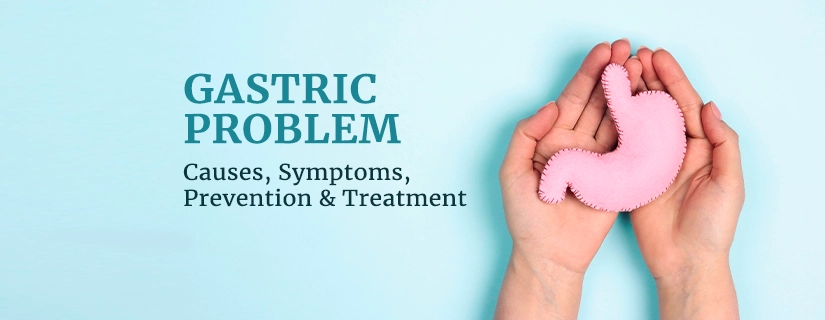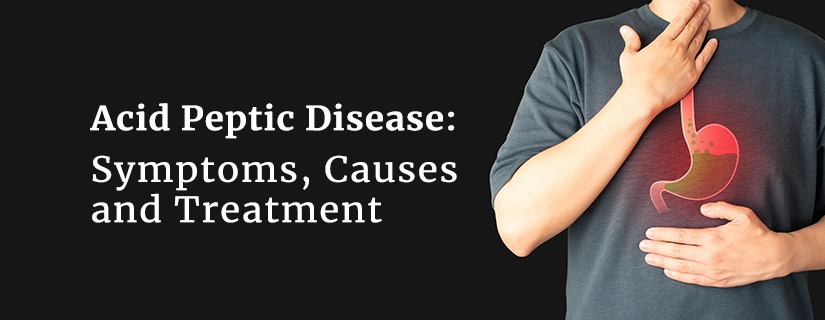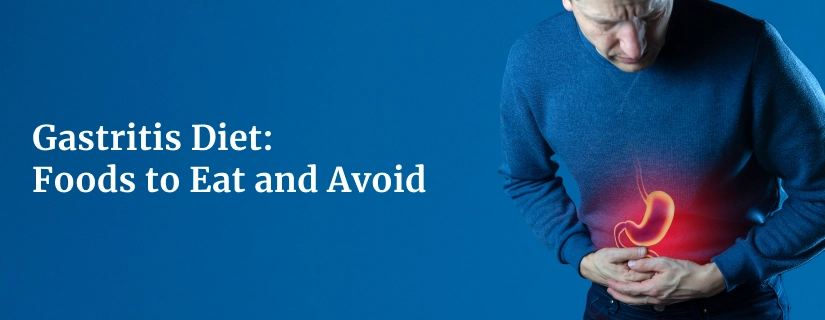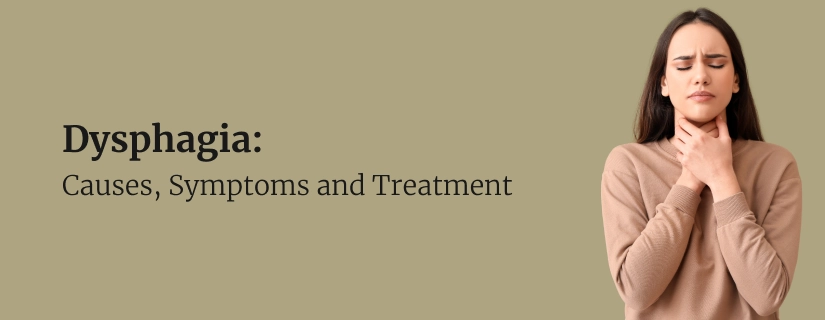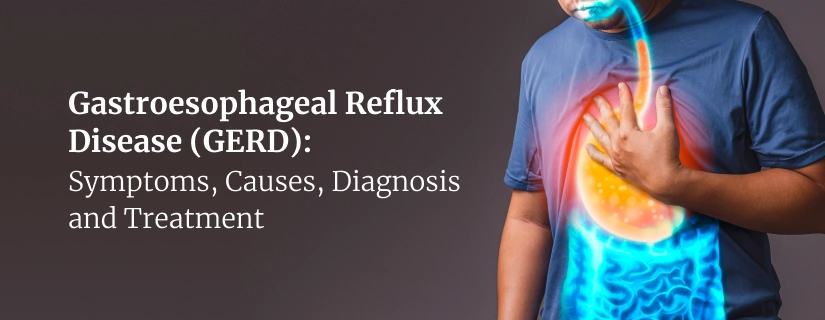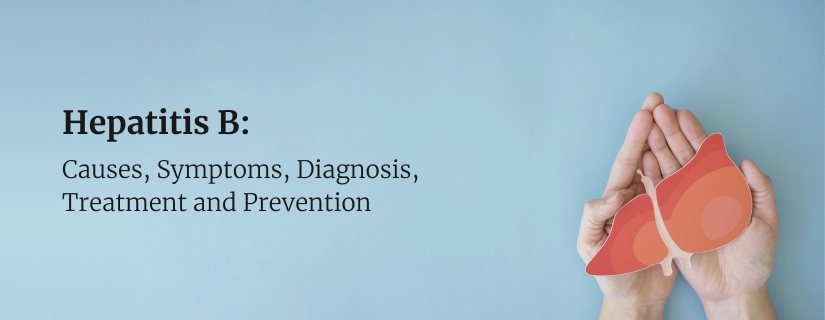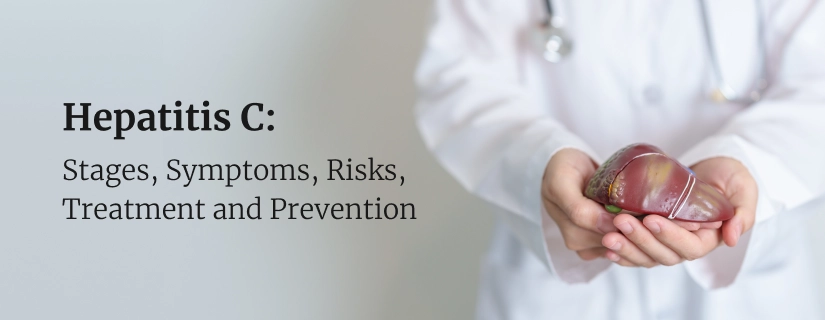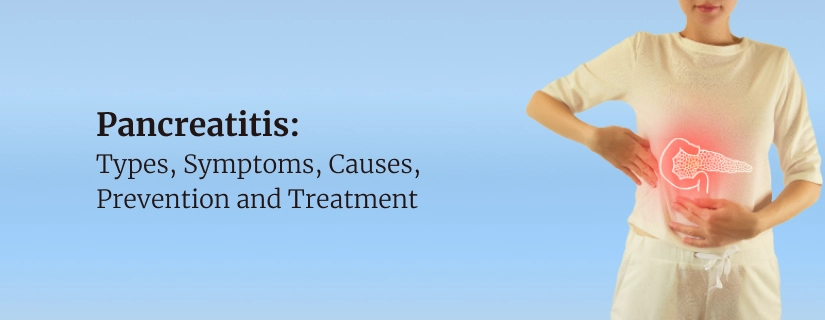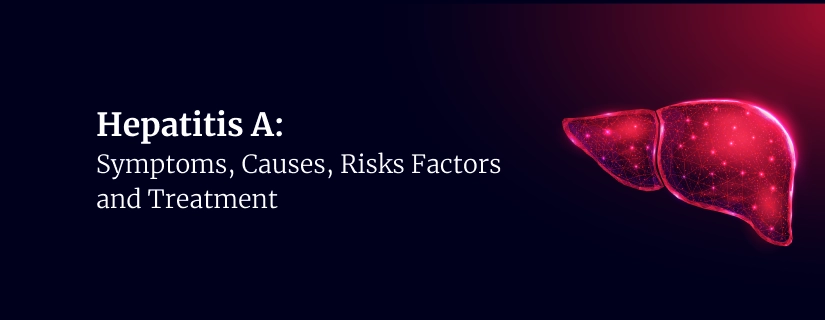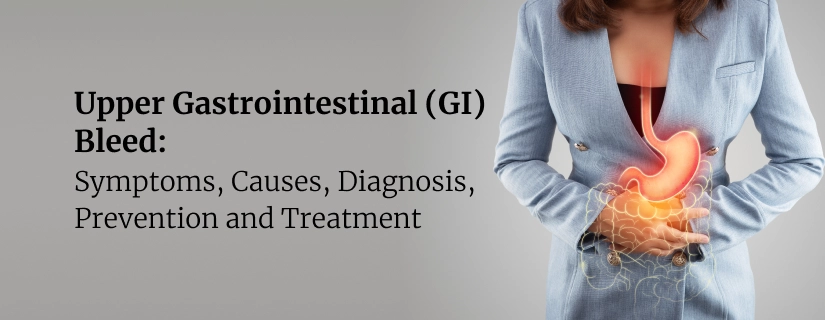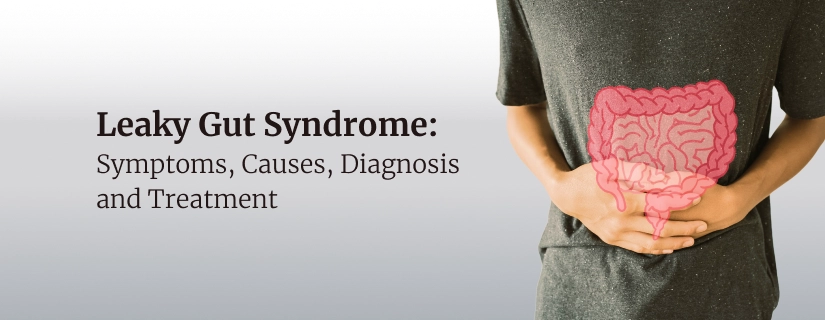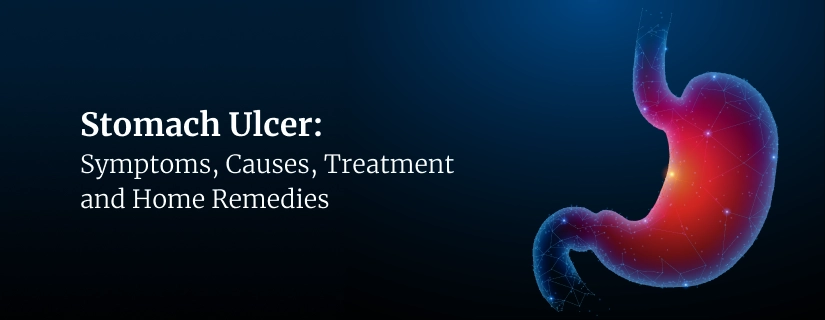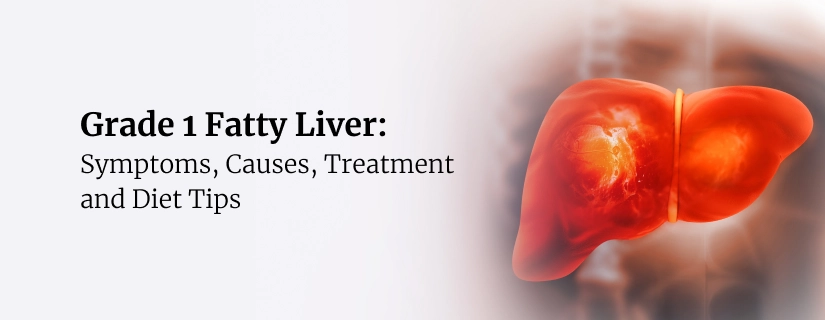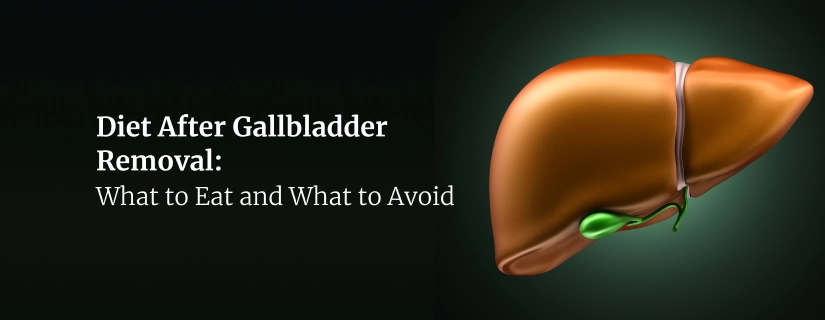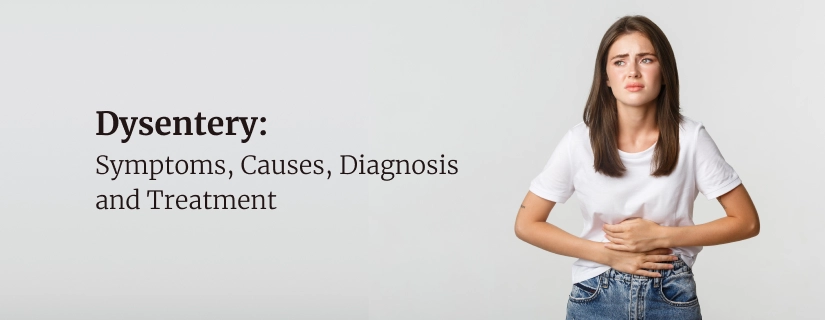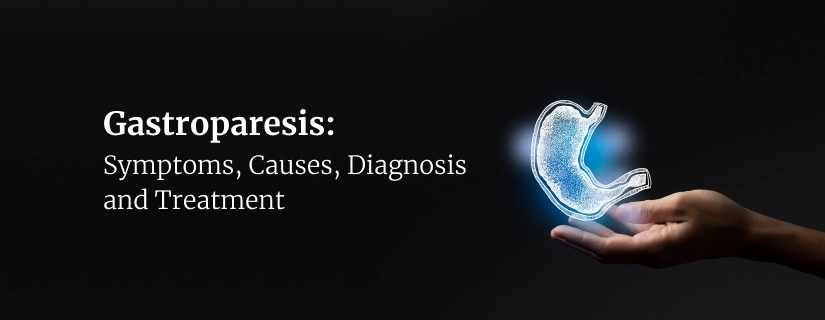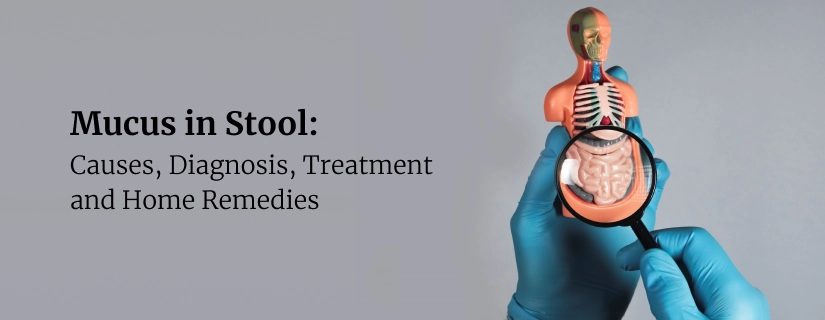-
Doctors
-
Specialities & Treatments
Centre of Excellence
Specialties
Treatments and Procedures
Hospitals & Directions HyderabadCARE Hospitals, Banjara Hills CARE Outpatient Centre, Banjara Hills CARE Hospitals, HITEC City CARE Hospitals, Nampally Gurunanak CARE Hospitals, Musheerabad CARE Hospitals Outpatient Centre, HITEC City CARE Hospitals, Malakpet
HyderabadCARE Hospitals, Banjara Hills CARE Outpatient Centre, Banjara Hills CARE Hospitals, HITEC City CARE Hospitals, Nampally Gurunanak CARE Hospitals, Musheerabad CARE Hospitals Outpatient Centre, HITEC City CARE Hospitals, Malakpet Raipur
Raipur
 Bhubaneswar
Bhubaneswar Visakhapatnam
Visakhapatnam
 Nagpur
Nagpur
 Indore
Indore
 Chh. Sambhajinagar
Chh. SambhajinagarClinics & Medical Centers
Book an AppointmentContact Us
Online Lab Reports
Book an Appointment
Consult Super-Specialist Doctors at CARE Hospitals
Dyspepsia (Indigestion): Symptoms, Causes, Diagnosis, Prevention and Treatment
Updated on 22 January 2024
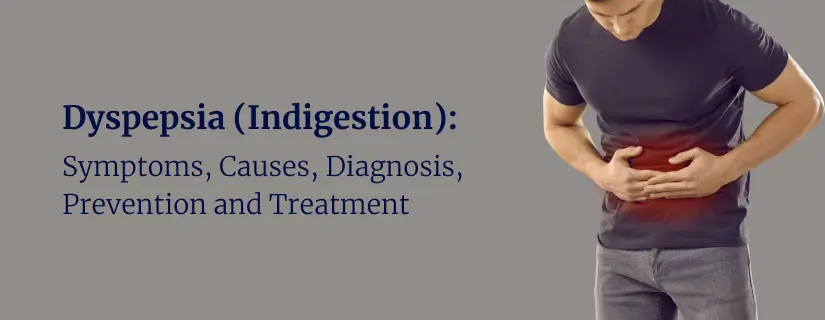
Gastrointestinal (GI) discomfort is a common affliction that most people experience at some point. Medically termed dyspepsia or indigestion, this condition can occur occasionally or frequently, interfering with daily life. Understanding the signs, underlying reasons, management options, and preventative steps for indigestion helps to find relief.
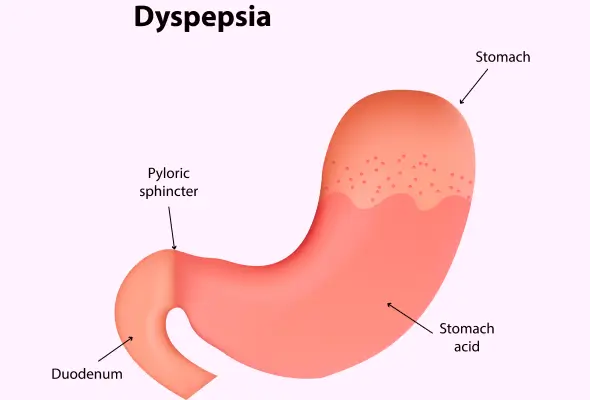
Common Causes
Many factors can set the stage for dyspepsia, such as:
- Dietary Habits: Specific eating habits notoriously trigger indigestion. Top foods include:
- Fatty, greasy food like hamburgers, french fries, and pepperoni pizza.
- Spicy dishes packed with hot peppers or potent spices.
- Tomatoes, citrus fruits, onions, and other acidic foods.
- Chocolate is often due to fat and cocoa components.
- Caffeinated and carbonated drinks like coffee, tea, and soda.
- Alcohol, particularly in excess
- Underlying Illnesses: For some individuals with dyspepsia, dietary choices only partially explain their indigestion. Various illnesses can also trigger stomach upset:
- Gastritis: Inflammation of the stomach lining makes tissues vulnerable to acid damage, leading to pain and bleeding.
- Peptic ulcers: Painful sores form when excess stomach acids erode protective tissues in the stomach, duodenum, or esophagus.
- GERD (Gastroesophageal Reflux Disease): Also known as acid reflux disease, stomach contents backwash into the esophagus, especially while lying down, provoking heartburn.
- Diabetes: Uncontrolled blood sugar levels slow digestion, cause gut neuropathy, and increase the risk of infections.
- Pancreatitis: Inflammation of the pancreas disrupts the production of key digestive enzymes.
- Gallstones: Hard deposits blocking digestion pathways can bring about pain and vomiting.
- Bowel obstruction: Twists or tissue scars can block the transit of food through the intestines.
- Celiac disease: An immune reaction to gluten proteins in grains causes intestinal damage.
- Medications That Harm: Ironically, certain medicines aimed to cure other ailments may provoke indigestion flares. Common medicines that can harm the stomach include:
- Antibiotics: By wiping out balanced intestinal flora, antibiotics frequently cause diarrhea or constipation.
- Aspirin and NSAIDs: These pain and inflammation fighters irritate the GI lining, causing ulcers in some long-term users.
- Steroids: Powerful all-purpose drugs used short-term for asthma or injuries, steroids slow digestion and heal tissues imperfectly.
- Chemotherapy: Potent cancer-fighting chemicals damage healthy, fast-growing digestive cells alongside tumors.
- Opiates: Though prescribed for severe pain relief, narcotics' side effects include nausea and constipation.
Symptoms
Abdominal discomfort represents the classic hallmark of indigestion, but associated symptoms also frequently occur, affecting overall digestion and comfort levels. Common indicators include:
- Upper abdominal pain
- Upper abdominal pain: Ranging from mild to severe, this may feel like burning, cramping, aching, or stabbing sensations.
- Discomfort localizes in the upper middle abdomen, just below the ribs.
- Pain often surfaces shortly after meals, during times of stress, or when reclining too soon after eating.
- Bloating
- That too-full, gassy, swollen feeling in your belly causes your pants to feel uncomfortably snug.
- Some naturally occurring intestinal gas after meals is normal, but excessive buildup means food isn’t digesting properly.
- Belching and flatulence
- Undigested food in your intestines creates gas like carbon dioxide and methane, trying to find a way out.
- These gasses result in burps or farts.
- Heartburn
- Also called acid reflux, heartburn describes an intense burning chest discomfort when stomach acids escape into the esophagus, leaving a bitter taste.
- Heartburn commonly flares up after heavy, acidic, or fatty meals, bending over, or before bedtime.
- Nausea
- That queasy, uneasy sensation warns that vomiting may happen soon.
- Anything slowing digestion stirs nausea, such as migraines, early pregnancy, stomach viruses, motion sickness, and intense emotions.
- Vomiting
- Forcefully ejecting stomach contents up and out through the mouth.
- Vomiting brings temporary relief when intense nausea, gut obstruction, infections, or food poisoning impact digestive processes.
- Early satiety
- Feeling uncomfortably full soon after starting meals, preventing finishing normal portions.
- When the stomach doesn’t properly relax and expand, partially digested food accumulates too soon.
Diagnosis
To diagnose indigestion, physicians use:
- Detailed History – Identifying dietary triggers, related illnesses, former surgeries, and current medications establishes connections with likely causes, such as ulcers, gallstones, or GERD.
- Physical Exam – Listening, lightly palpating the abdomen, checking vitals, and evaluating pain patterns localize discomfort while ruling out other conditions.
- Blood Tests – Checking blood counts, nutrient/electrolyte levels, and markers of inflammation provides objective data about infection, inflammation, organ damage, or malnutrition related to inadequate digestion and absorption.
- Endoscopy – Inserting a flexible tube with a tiny camera through the mouth allows direct visualization of the esophagus, stomach, and upper intestine, tracking damage, inflammation, ulcers, and tumor risks.
- Imaging – Swallowing a barium solution makes the upper GI tract visible via x-rays. CT and MRI scans also pinpoint organ structure/function. Ultrasound detects gallstones/pancreatitis.
- Gastric Function Tests – Swallowing electronic capsules or solutions measures stomach electrical rhythms, emptying rates, and intestinal transit times.
Treatment Options
Various treatments aim to decrease abdominal discomfort, resolve contributing factors, accelerate healing, optimize digestion, and prevent recurrence. Commonly advised routes include:
- Dietary Adjustments
- Avoiding problematic foods provides the simplest yet powerful way to minimize symptoms.
- Keeping detailed food diaries correlates input with discomfort, revealing intolerances.
- Smaller portions eaten slowly, while minimizing sugar, fat, and spice content, ease digestion.
- Over-the-Counter Antacids
- Quick-acting buffering agents temporarily neutralize stomach acid, attenuating heartburn or ulcer pain.
- Side effects may include electrolyte disturbances or diarrhea with extended high doses.
- Acid Blockers
- Histamine H2 receptor blockers (Tagamet, Pepcid, Zantac) suppress acid production more potently than antacids.
- Proton pump inhibitors (Prilosec, Prevacid, Nexium) completely block acid release from stomach cells.
- Both medication types promote peptic ulcer healing.
- Prokinetics
- Also called promotility agents, these prescription drugs stimulate coordinated esophageal, gastric, and intestinal muscle contractions, improving digestion transit.
- Common examples include Reglan (metoclopramide), Motilium (domperidone), and erythromycin.
- Antibiotics
- If ulcers or gastritis stem from H. pylori bacterial overgrowth, antibiotics eradicate these microbes and facilitate healing.
- Tricyclic Antidepressants
- While prescribed in low doses for mood disorders, TCAs like imipramine or amitriptyline also alleviate certain functional bowel diseases at doses too low to impact depression.
- Alternative Therapies
- For mild indigestion, soothing teas made from chamomile, peppermint, licorice, or turmeric often ease symptoms.
Some patients find relief through acupuncture, meditation, hypnotherapy, or massage sessions.
- For mild indigestion, soothing teas made from chamomile, peppermint, licorice, or turmeric often ease symptoms.
Preventative Measures
Implementing key lifestyle interventions helps prevent the development of chronic dyspepsia:
- Adopt regular meal scheduling. Skipping meals delays digestion.
- Stop eating when comfortably satisfied, not stuffed.
- Ensure adequate chewing.
- Set a leisurely pace for eating without distractions.
- Avoid lying down after substantial meals.
- Maintain a healthy body weight.
- Stay away from smoking.
- Restrict alcohol intake.
- Minimize sugary and fatty food choices.
- Learn and use stress reduction techniques.
- Consider probiotic and enzyme supplements.
When to See Your Doctor
Mild or occasional indigestion usually fades with simple home remedies and more careful food choices without needing medical intervention. However, consulting a physician becomes vital when symptoms:
- Persist without improvement after 2 weeks of self-treatment.
- Affect daily functioning with work/school/activity disruptions.
- Worsen substantially despite over-the-counter or prescription medications.
- Accompany unexpected weight loss greater than 4.5 kg.
- Include forceful, persistent vomiting, especially with traces of blood.
Additionally, the following high-risk warning signs require immediate emergency care to check for dangerous underlying conditions:
- Shortness of breath, sweating, chest/jaw/neck/arm pain
- Chest pain, especially when associated with exertion, stress, or palpitations
- Blood-streaked or black, tarry stools
- High fever with repeated forceful vomiting
- Abdominal swelling or severe tenderness
- Trouble swallowing liquids or solids
Conclusion
Indigestion is a common nuisance that most people experience periodically after overindulging or eating trigger foods. By understanding the typical causes and symptoms, you can make lifestyle changes to find relief and try to prevent flare-ups through careful eating habits and stress management.
To Book an Appointment, call:
ENQUIRY FORM
SELECT CATEGORIES
-
Neurosciences (16)
-
Neurology (37)
-
Neurosurgery (14)
-
Orthopaedics (48)
-
Oncology (33)
-
Obstetrics and gynecology (51)
-
Pulmonology (23)
-
Urology (20)
-
Nephrology (13)
-
Psychiatry (7)
-
Dietetics and Nutrition (111)
-
General Medicine (63)
-
Cardiac Sciences (30)
-
Vascular & Endovascular Surgery and Interventional Radiology (10)
-
Gastroenterology (46)
-
Endocrinology (23)
-
Plastic Surgery (10)
-
Critical Care Medicine (5)
-
COVID-19 (16)
-
Dermatology (16)
-
Emergency Care (1)
-
Ophthalmology (4)
-
Pediatrics (14)
-
Laparoscopic and Bariatric Surgery (8)
-
ENT (15)
-
Kidney Transplant (1)
-
Liver Transplantation and Hepatobiliary Surgery (5)
-
General Surgery (3)
-
Internal Medicine (5)
-
Medicine Information
Cyst vs Abscess: Know the Difference
Endoscopic Mucosal Resection (EMR): What it is, Procedure and Recovery Process
YOU MAY ALSO LIKE
RECENT BLOGS
-

Direct Anterior Approach in Total Hip Replacement: Advantages and Challenges
10 April 2025
Read More
-

Zinc Deficiency: Signs and Symptoms, Causes, Treatment
9 April 2025
Read More
-

Chest Pain When Coughing: Causes, Treatment and Home Remedies
9 April 2025
Read More
-

12 Health Benefits of Eating Mushrooms
8 April 2025
Read More
-

7 Health Benefits of Blood Donation You Should Know About
8 April 2025
Read More
-

Implantation Bleeding Vs Periods: Know the Difference
28 February 2025
Read More
-

Bloating During Ovulation: Symptoms, Causes and Remedies
28 February 2025
Read More
-

Itching During Dengue: Causes, Treatment and Home Remedies
18 February 2025
Read More
Have a Question?
If you cannot find answers to your queries, please fill out the enquiry form or call the number below. We will contact you shortly.















